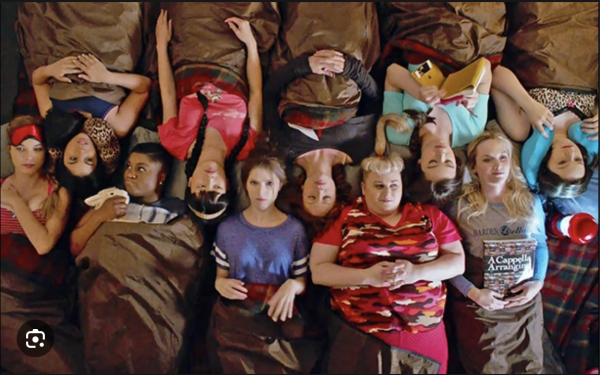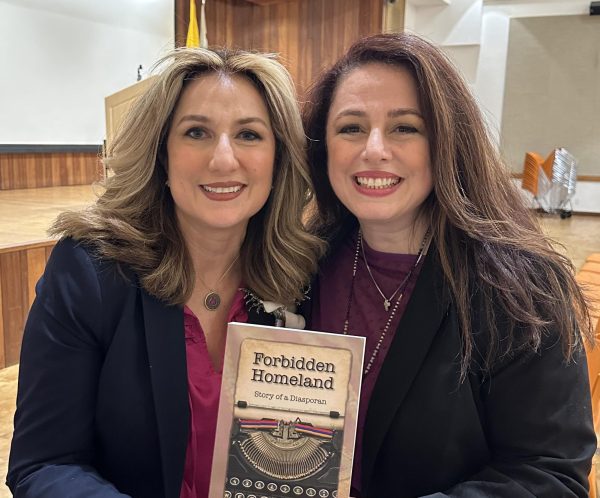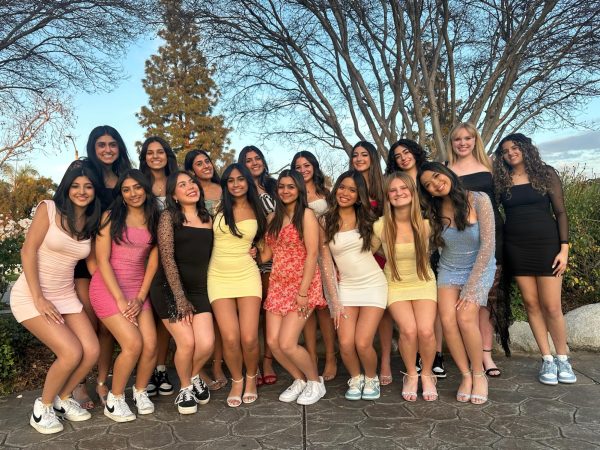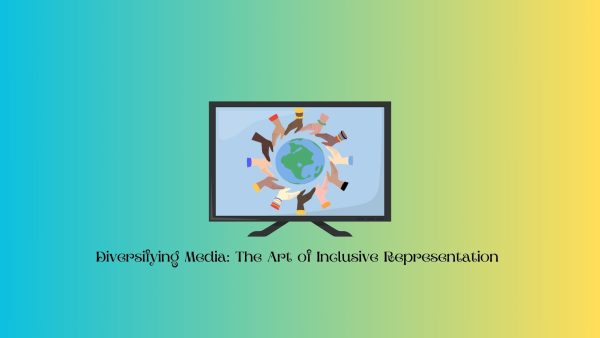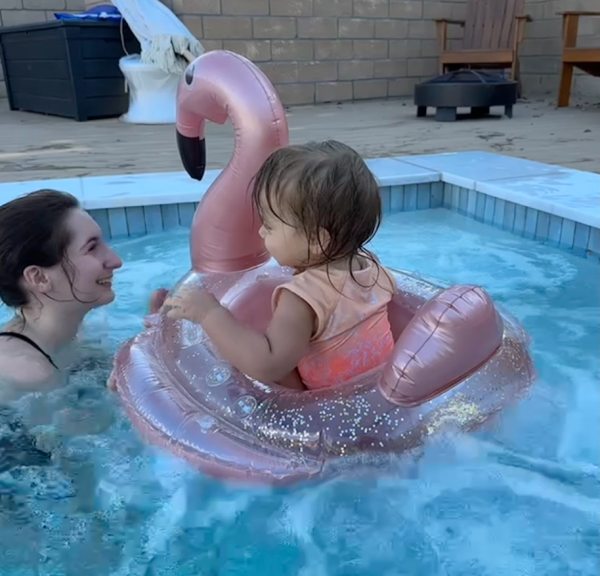Vaccines: Yay or Nay
April 23, 2019
With the weather slowly changing from the cold to hot, there have been many students catching colds. As a result, there has been controversy regarding vaccines and whether or not they are needed or if they really do help.
Between January 1 and March 28, there have been 387 cases of measles in 15 U.S. states. Mumps, which is another infectious disease, came back with 151 people affected in the first two months of 2019. However, both of these diseases can be prevented by a vaccine shot. In fact, in 2000 the U.S. even claimed that measles was eliminated completely thanks to these vaccines. Unfortunately, it returned due to people not being vaccinated. Some states in the U.S. allow the parents to not let their kids have vaccinations if it goes against religious beliefs. However, people online are apparently spreading false rumors about the dangers of vaccines so many people don’t get them.
This year, measles have hit the second highest rate since 2000. The outbreak is still spreading and many people who have gotten it have mostly not been vaccinated. The measles has swept through parts of New York, California, Illinois, Texas, and Washington state. Most of the outbreaks came from people who brought back the measles with them from overseas, including countries like Israel, Ukraine, and the Philippines. In New York, the Rockland County officials declared a state of emergency stating that there were over 150 measle cases. The county didn’t let unvaccinated youths under 18 to go out for 30 days. The anti-vaxxers protested, saying that technically it wasn’t right for them to just shut-in people who were not vaccinated. However, the dangers of not vaccinating your child are that children can get the disease and it can kill the child, which can leave emotional scars to a parent or a relative.
Around March of this year, a teen’s story became viral when he defied his parents on not getting the flu shot. He had posted something online asking where he can get a flu shot now that he was 18. He said that he was raised to believe that vaccines were not a good thing and that it could cause autism and other damaging things to his body. He thought differently from his parents and he thought that the shot would actually help him. Luckily, he did was able to get vaccinated. He further stated that the reason why his mother did not give him his vaccines was because of fear that something wrong can happen. He said it was out of love and she was also misled.
The misunderstandings regarding vaccinations originated in 1998 when a British doctor named Andrew Wakefield linked measles, mumps, and rubella vaccine to autism. His research was eventually proved wrong and discredited, but many people still believe that vaccines can cause autism. However, there have been many studies and researches that show vaccines and autism have no connection with each other.
Hana Javanbakht (9) and Lauren Buhmann (9) both stated, “Why wouldn’t you get vaccines? We believe it’s something that can actually help. Vaccines are something that should be taken.” Whether or not you have been vaccinated, it is still always great to be safe from the threats that we cannot see come to us.














